关于新疆的24个谎言与真相 Fact Check: Lies on Xinjiang-related issues versus the truth
新华网 2021-02-07 09:54

谎言十九:中国政府不许外国记者去新疆采访。
Lie No. 19: The Chinese government bans foreign journalists from going to Xinjiang for reporting.
事实真相:
Fact check:
◆新疆属开放地区,根据《中华人民共和国外国常驻新闻机构和外国记者采访条例》规定,外国记者在遵守中国法律、履行相应手续前提下,完全可以赴疆采访。不存在中国政府不许外国记者去新疆采访的情况。
Xinjiang is an open place. Foreign journalists are allowed to report in Xinjiang on condition that they abide by Chinese laws and go through relevant procedures, according to the Regulations of the People's Republic of China on News Coverage by Permanent Offices of Foreign Media Organizations and Foreign Journalists. There are no circumstances in which the Chinese government forbids foreign journalists to report in Xinjiang.
◆2018年底以来,共有100多个国家团组1200多人,包括国际组织官员、外交官、媒体记者、宗教领袖访问新疆。
-- Since the end of 2018, more than 1,200 people from over 100 countries and regions, including officials from international organizations, diplomats, journalists and religious leaders, have visited Xinjiang.
◆2019年9月3日至7日,美国全国广播公司(NBC)记者赴新疆采访报道。
- From Sept 3 to 7, 2019, NBC reporters went to Xinjiang for reporting.
◆2020年12月,英国广播公司(BBC)记者赴新疆库车等地采访报道。
-- In December 2020, BBC reporters went to Kuqa County and other places in Xinjiang for reporting.
谎言二十:联合国人权高专访问新疆会受到限制。
Lie No. 20: The United Nations High Commissioner for Human Rights will be restricted from visiting Xinjiang.
事实真相:
Fact check:
◆中方欢迎联合国人权高专巴切莱特访华并参访新疆,并一直同联合国方面保持密切沟通。
China welcomes the United Nations High Commissioner for Human Rights Michelle Bachelet to visit China and the Xinjiang Uygur Autonomous Region, and has always maintained close communication with the United Nations.
谎言二十一:新疆镇压伊斯兰教,压制宗教信仰自由。
Lie No. 21: Xinjiang suppresses Islam and freedom of religious belief.
事实真相:
Fact check:
◆尊重和保护宗教信仰自由是中国政府长期坚持的一项基本政策。《中华人民共和国宪法》第三十六条规定:中华人民共和国公民有宗教信仰自由。宗教信仰自由的宪法原则在新疆得到全面落实,新疆公民宗教信仰自由权利得到充分保障,信教公民的宗教感情、信仰需求以及习俗得到充分尊重,合法的宗教活动得到法律保障,宗教文化遗产得到有效保护。
Respecting and protecting the freedom of religious belief is a basic long-term policy of the Chinese government. Article 36 of the Constitution of the People's Republic of China stipulates that Chinese citizens have freedom of religious belief. The principle of religious freedom enshrined in the Constitution has been fully implemented in Xinjiang. Xinjiang citizens' right to freedom of religious belief has been fully guaranteed. The religious feelings, belief-based needs and customs of religious citizens have been fully respected, legal religious activities guaranteed by law, and religious and cultural heritage protected.
◆新疆翻译出版了汉文、维吾尔文、哈萨克文、柯尔克孜文等4种文字的《古兰经》《布哈里圣训实录精华》等宗教经典书籍,为各族信教群众获得宗教知识提供便利。
-- Xinjiang has translated and published religious classics and books, such as the Koran and Selections from Al-Sahih Muhammad Ibn-Ismail al-Bukhari, in Mandarin Chinese, the Uygur, Kazak and Kirgiz languages, providing convenience for religious believers of all ethnic groups to acquire religious knowledge.
◆新疆维吾尔自治区政府自1996年以来,除2020年因新冠肺炎疫情原因取消外,每年均安排包机,并在出入境、医疗、餐饮等方面提供高质量服务,确保朝觐活动安全有序,保障当地有条件的各族穆斯林顺利完成朝觐功课。
-- Since 1996, the Xinjiang Uygur Autonomous Region government has organized local Muslims to take charter flights for a pilgrimage every year, except for the cancellation due to the COVID-19 pandemic in 2020, and has provided high-quality services in entry and exit, medical care, catering, etc., so as to ensure the safe and orderly pilgrimage activities and ensure that local Muslims of all ethnic groups successfully complete their pilgrimage.
谎言二十二:新疆大规模拆除清真寺。
Lie No. 22: Xinjiang demolishes many mosques.
事实真相:
Fact check:
◆新疆清真寺数量完全可以满足信教群众的正常宗教需求。新疆各级政府并持续改善清真寺公共服务条件,政府出资实施“七进两有”(水、电、路、气、讯、广播电视、文化书屋进清真寺,主麻清真寺有净身设施、有水冲厕所)、“九配备”(配备医药服务、电子显示屏、电脑、电风扇或空调、消防设施、天然气、饮水设备、鞋套或鞋套机、储物柜),深受广大宗教界人士和信教群众的欢迎。
Mosques in Xinjiang meet the regular religious demands of followers in terms of quantity. Governments at various levels in Xinjiang have consistently improved the public services of mosques. The government has funded the introduction into mosques of running water, electricity, natural gas, roads, communication, radio and television, and libraries. Ablution facilities and flushing toilets have been installed. Mosques have also been equipped with medical services and electronic displays. They also have computers, electric fans or air conditioners, firefighting equipment, drinking water dispensers, shoe coverings or machines for shoe coverings, and lockers. These measures have been welcomed by religious personnel and believers.
谎言二十三:新疆“迫害”宗教人士。
Lie No. 23: Xinjiang "persecutes" religious personnel.
事实真相:
Fact check:
◆新疆加强教职人员培养培训,现有自治区伊斯兰教经学院及喀什、和田、伊犁等8所分院和新疆伊斯兰教经文学校共10所宗教院校,每年招收一定数量的本科、大专、中专学生,办学规模达到3000余人。
The cultivation and training of clerical personnel have been strengthened in Xinjiang. The region has ten religious colleges and schools, including the Xinjiang Islamic Institute, its eight branches in places like Kashgar, Hotan and Ili, and the Xinjiang Islamic School. These colleges recruit a certain number of undergraduate, junior, and technical secondary school students every year, with student numbers exceeding 3,000.
谎言二十四:新疆禁止穆斯林封斋。
Lie No. 24: Xinjiang bans fasting of Muslims.
事实真相:
Fact check:
◆新疆各族穆斯林按照教义、教规和传统习俗,在清真寺及在自己家里进行的封斋、过伊斯兰教节日等正常宗教活动,都完全按个人意愿进行,从来没有任何人干涉,也没有受到任何限制。
Muslims of all ethnic groups in Xinjiang, in accordance with their teachings, canons, and traditional customs, practice regular religious activities such as fasting and Islamic festivals in mosques and their own homes. Such activities are totally of their own free will, without any interference or restriction.
◆每年斋月期间,穆斯林群众封斋或不封斋完全是个人的自由。新疆各级政府全力保障开斋节等节日市场供应及宗教活动安全。
-- During Ramadan every year, it is an entirely personal choice for Muslims to fast or not fast. Governments at all levels in Xinjiang make every effort to ensure the market supply and security of religious activities of Eid al-Fitr and other festivals.









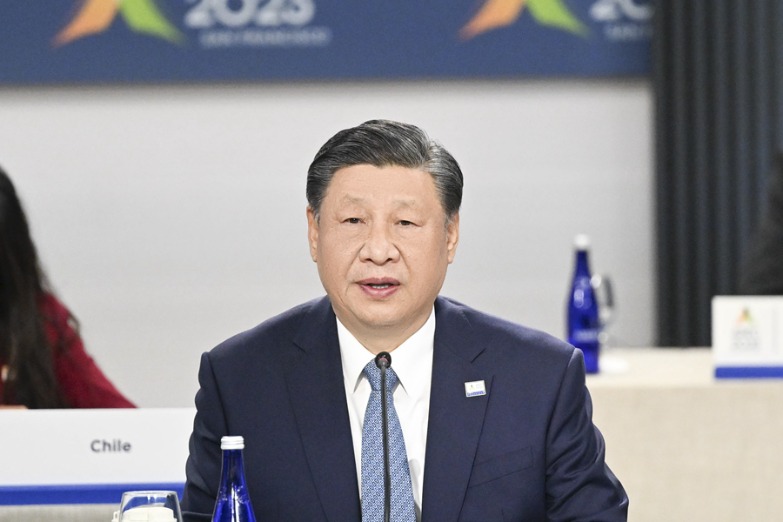
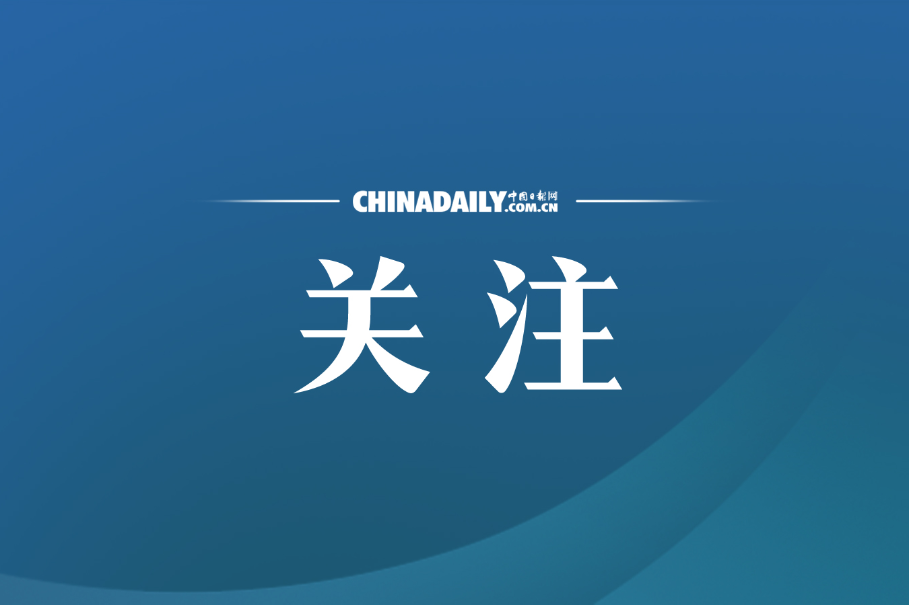
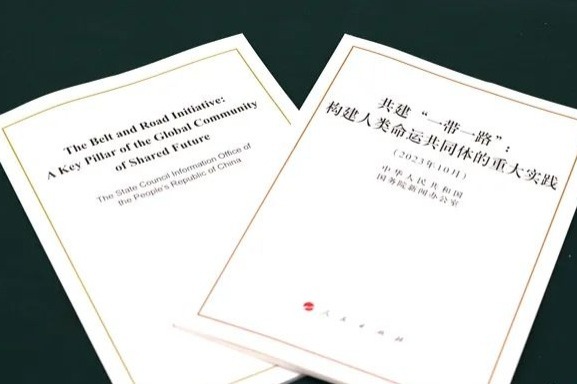
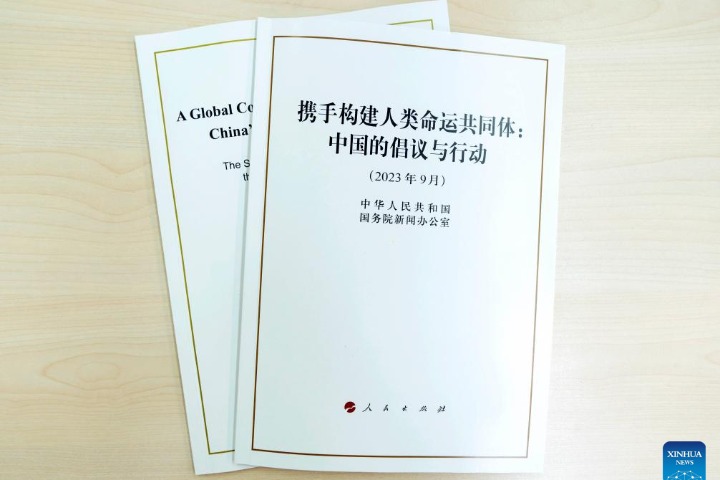
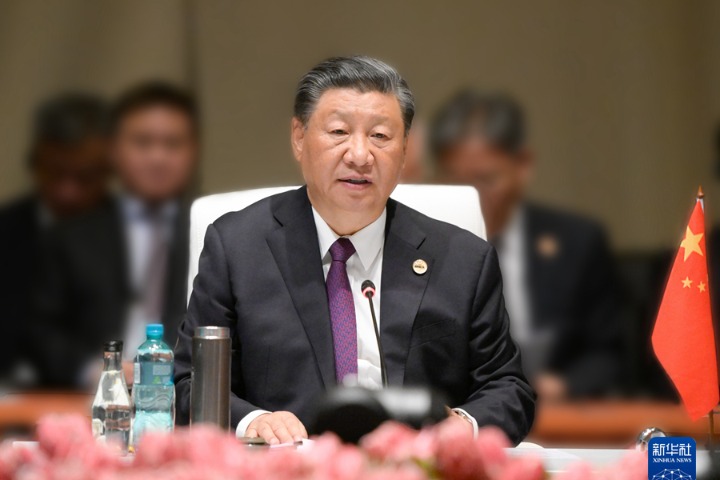



 英语点津微信
英语点津微信 双语小程序
双语小程序